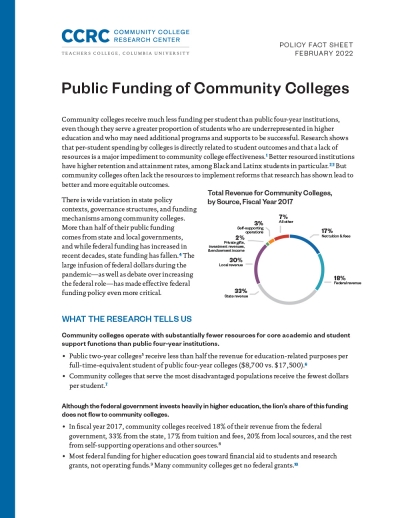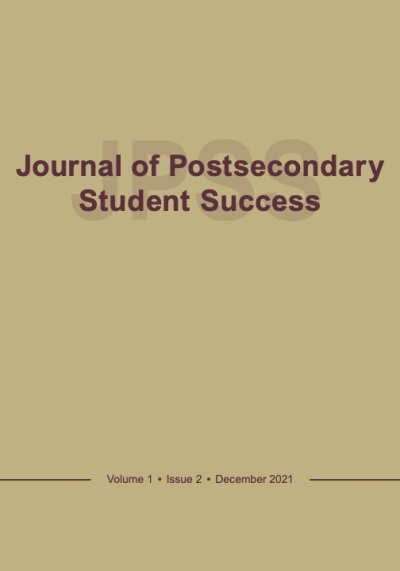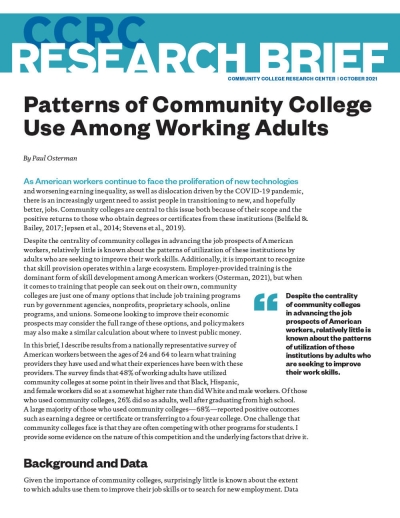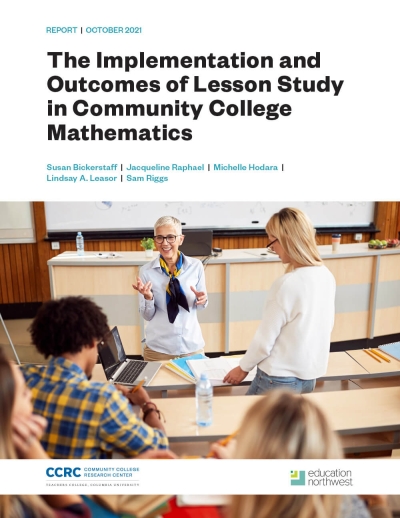February 01, 2022
Public Funding of Community Colleges
October 20, 2021
Using Guided Pathways to Build Cross-Sector Pathways Partnerships
October 18, 2021












